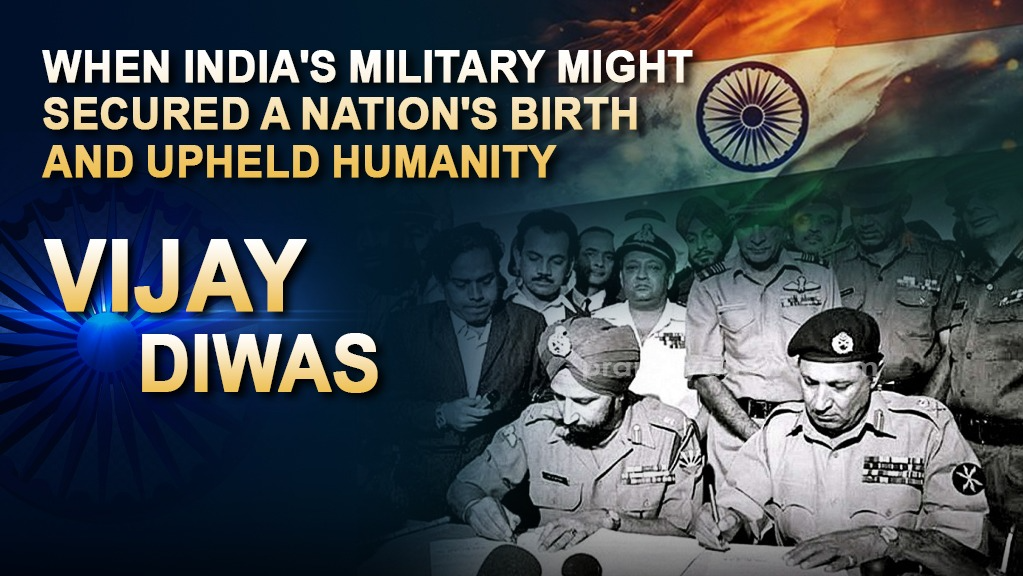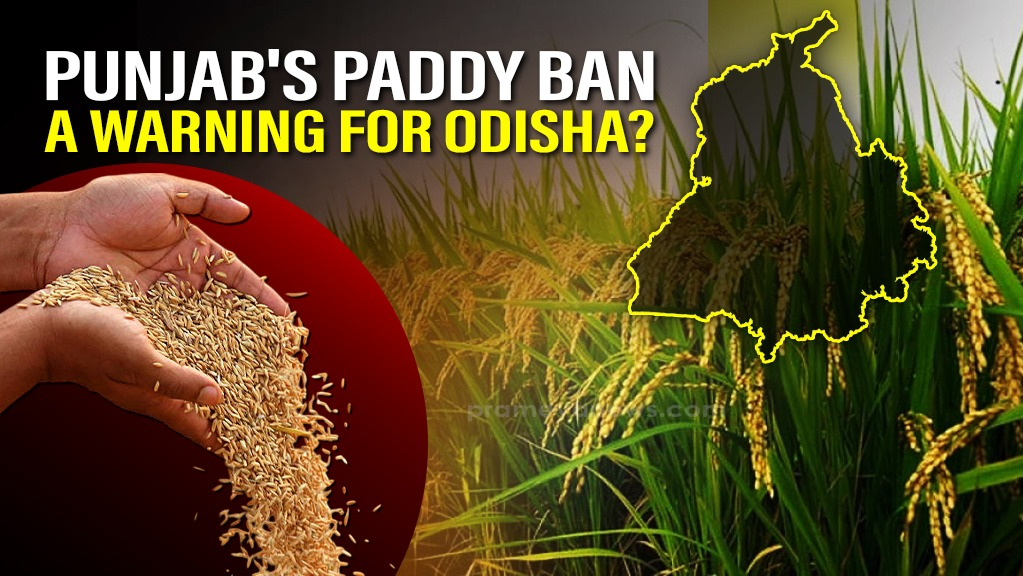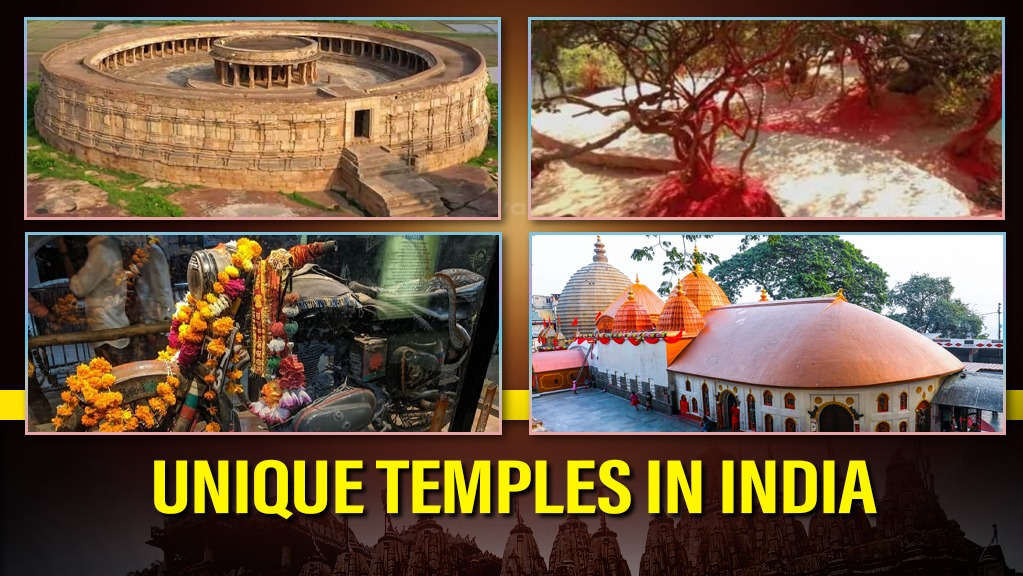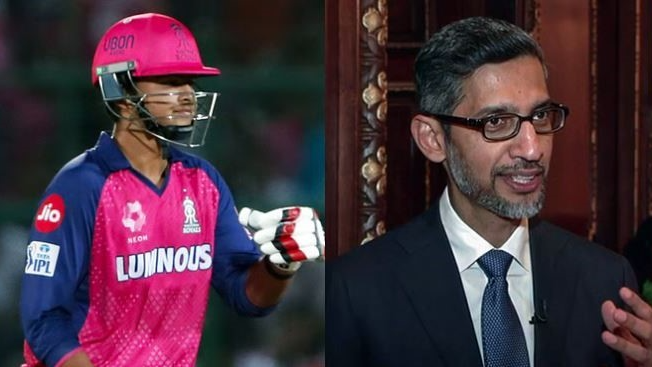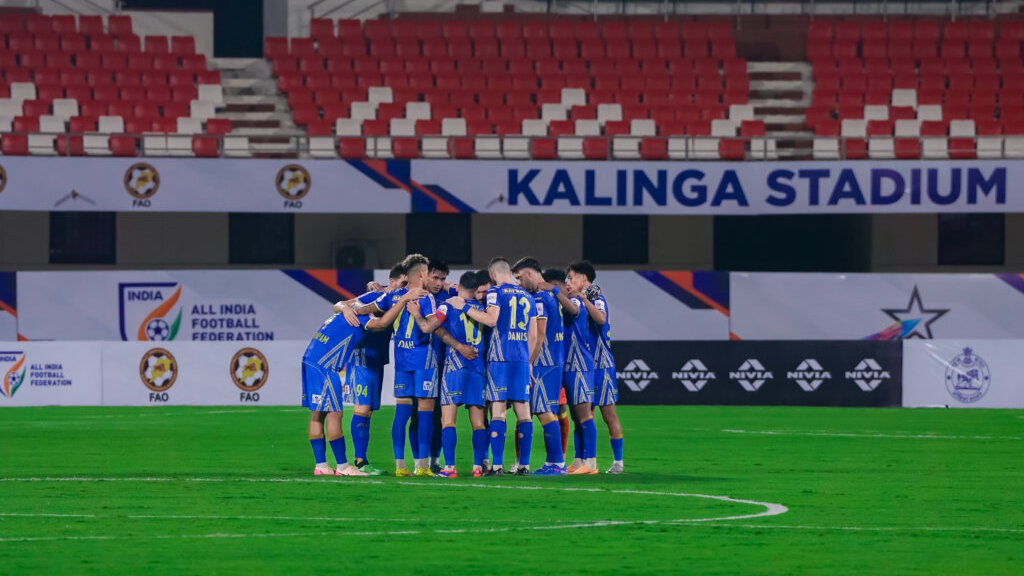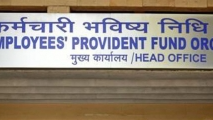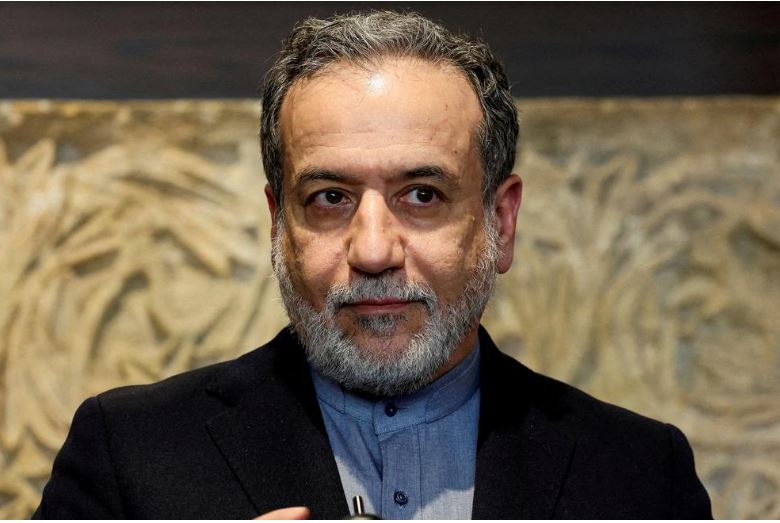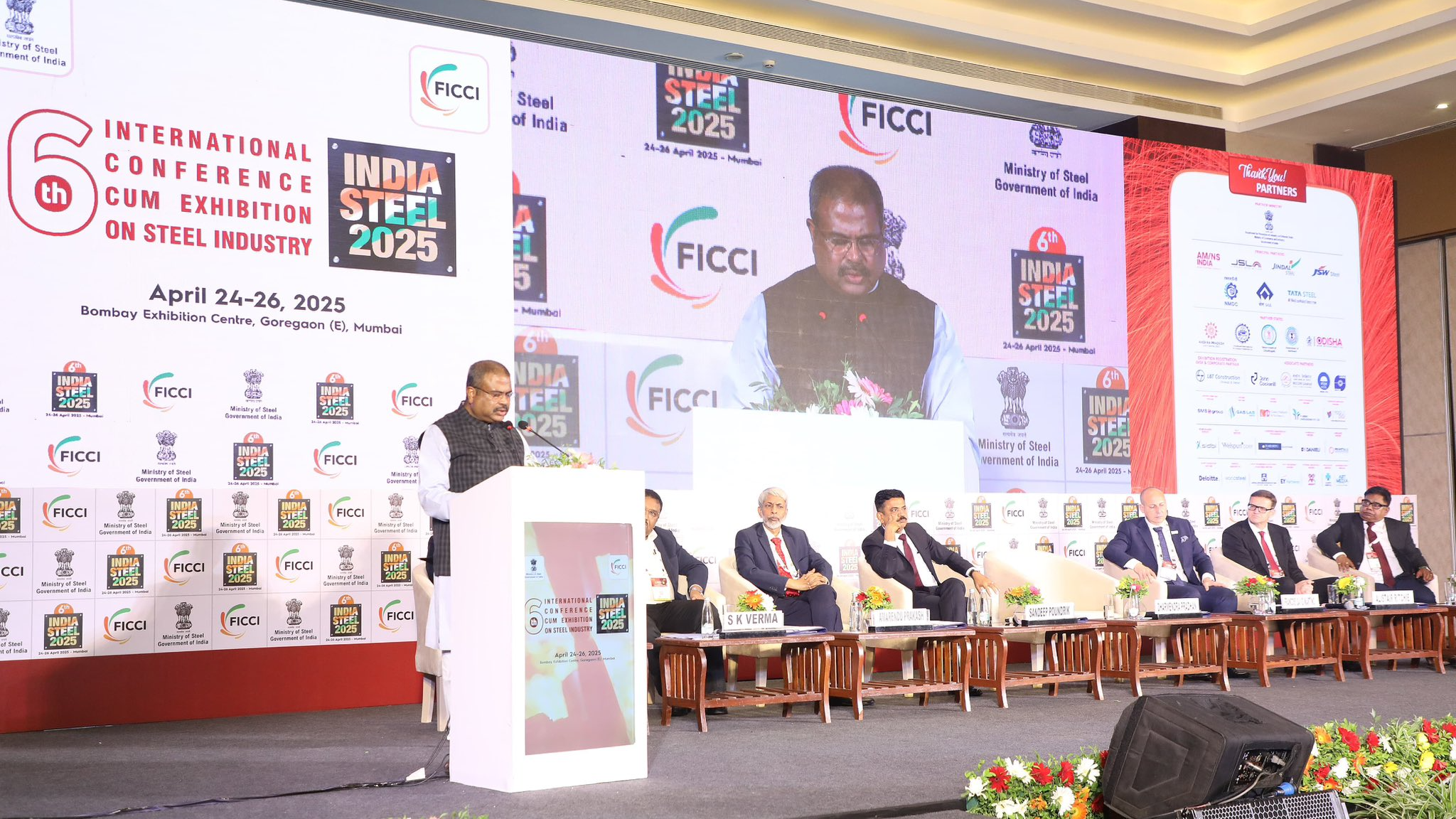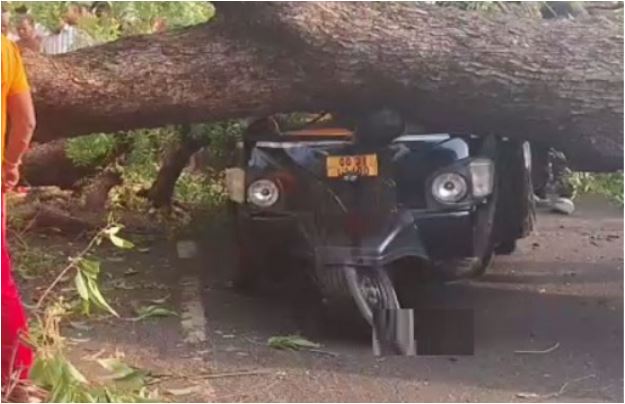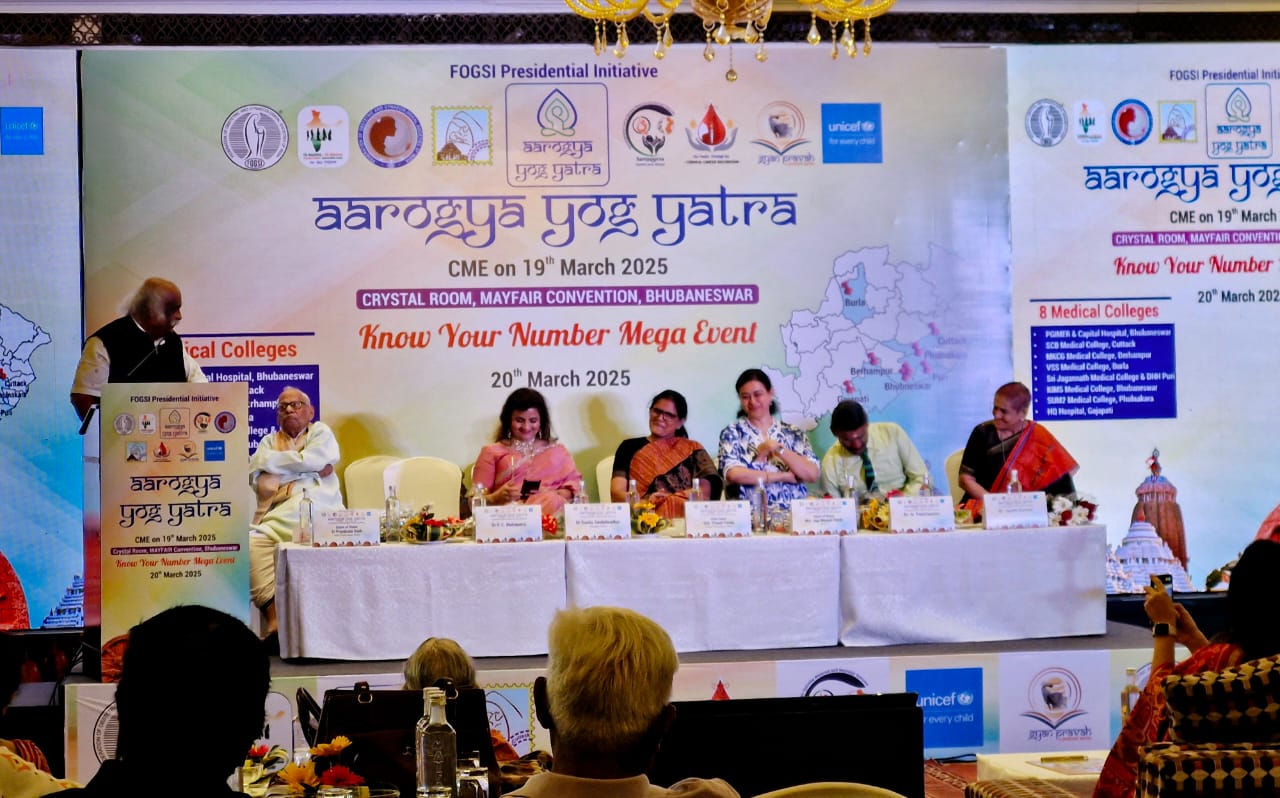Vijay Diwas, celebrated annually on December 16th, is not just another date on India's calendar; it's a powerful symbol of valor, strategic brilliance, and a commitment to humanitarian intervention. On this day in 1971, the Indian Armed Forces, in a swift and decisive victory, brought an end to a brutal conflict that had engulfed the eastern wing of Pakistan, paving the way for the birth of a new nation: Bangladesh. This victory was not just a testament to India's military might; it was a triumph of justice over oppression, a beacon of hope amidst a humanitarian crisis, and a defining moment in South Asia's geopolitical landscape.
The Genesis of Conflict: A nation divided
The roots of the 1971 war lay in the deep-seated political and social divisions within Pakistan. East Pakistan, despite having a larger population, faced systemic discrimination and economic exploitation by the ruling elite in West Pakistan. The 1970 general elections, which saw Sheikh Mujibur Rahman's Awami League win a landslide victory, should have been a turning point towards a more inclusive democracy. Instead, it triggered a brutal crackdown by the Pakistani military.
Operation Searchlight: A reign of terror
In March 1971, the Pakistani military unleashed Operation Searchlight, a campaign of terror and genocide aimed at suppressing the Bengali independence movement. The atrocities committed were horrific: villages were razed, intellectuals were systematically murdered, and women faced widespread sexual violence. Millions of refugees fled the violence, seeking shelter in neighboring India. This humanitarian crisis, unfolding on India's doorstep, could not be ignored.
India's calculated response:
India's decision to intervene militarily was not taken lightly. Prime Minister Indira Gandhi, recognizing the moral imperative and strategic implications of the situation, embarked on a global diplomatic offensive. She secured crucial support from the Soviet Union, effectively deterring any potential intervention from China or the United States. Simultaneously, the Indian Armed Forces prepared meticulously for a potential two-front war.
A Swift and Decisive Victory:
The 1971 war was a testament to India's military prowess and strategic planning. The Eastern Command, led by Lt Gen Jagjit Singh Arora, executed a brilliant campaign, swiftly liberating East Pakistan. In the west, Indian forces effectively neutralized Pakistani attempts to open a second front. The Indian Navy, through daring operations like Trident and Python, crippled Pakistan's naval capabilities.
The Surrender at Dhaka:
The defining moment of the war came on December 16th, 1971, at the Ramna Race Course in Dhaka. Lt Gen Jagjit Singh Arora accepted the unconditional surrender of Pakistani Lt Gen A.A.K. Niazi, marking a historic victory for India and the Mukti Bahini, the Bangladeshi freedom fighters. This surrender, witnessed by the world, symbolized the triumph of justice and the birth of a new nation.
The Legacy of Vijay Diwas:
Vijay Diwas is more than just a celebration of military victory. It embodies several crucial lessons:
- Moral courage: India's intervention was driven by a commitment to humanitarian values and the defense of human rights.
- Strategic diplomacy: India's diplomatic efforts ensured international support and prevented external interference in the conflict.
- National unity: The war showcased the unity and strength of India's diverse armed forces, fighting together for a common cause.
- Lessons from history: The conflict highlighted the dangers of political oppression and the importance of respecting cultural and linguistic diversity.
Vijay Diwas stands as a proud moment in India's history, a testament to its military prowess, diplomatic acumen, and commitment to humanitarian values. It is a day to remember the sacrifices of our soldiers and to celebrate the birth of Bangladesh, a nation born out of struggle and resilience. As we commemorate this historic victory, let us also reflect on the lessons learned, reaffirming our commitment to justice, human rights, and peaceful coexistence in the region and beyond. Vijay Diwas serves as a powerful reminder that military strength, when guided by moral principles and strategic vision, can be a force for positive change in the world.
DISCLAIMER: This brief is based on information from publicly available sources and reflects the author's interpretation of the topic and do not reflect Prameya's or Prameya News7 editorial stance.








